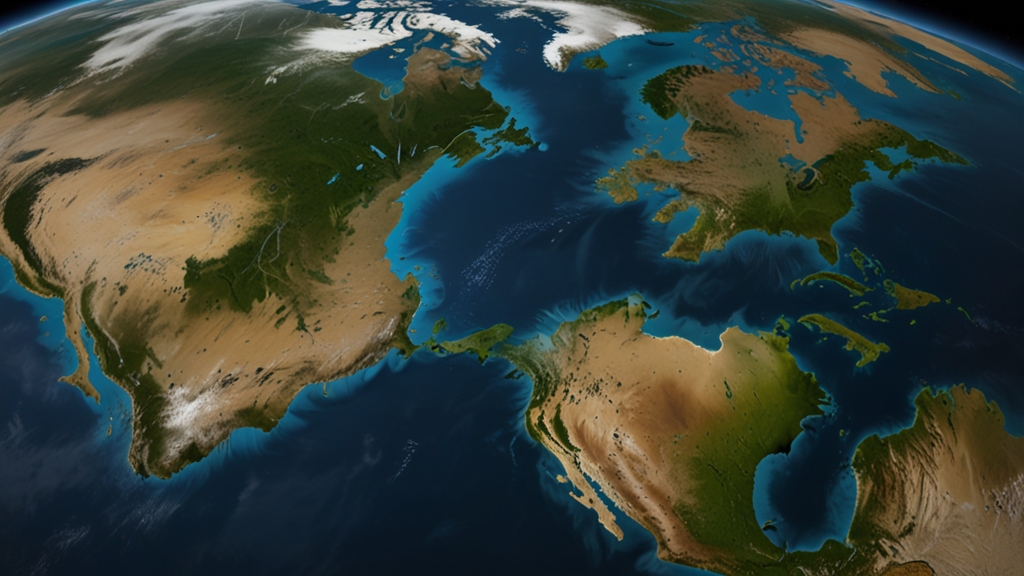Earth on the Brink: What New Studies Reveal About Climate Change
The issue of climate change continues to dominate headlines as new studies shed light on the accelerating pace of environmental shifts. From rising global temperatures to melting ice caps, the statistics are both alarming and eye-opening. As the mountain of scientific data grows ever larger, the imperatives for action become increasingly clear. This article delves into some of the latest findings and what they mean for the future of our planet.
The Escalating Pace of Warming
One of the most striking revelations from recent studies is the faster-than-expected rise in global temperatures. According to a study published in the Journal of Climate, the Earth has warmed by approximately 1.2 degrees Celsius since the pre-industrial era. This may not seem like much, but even small temperature increases can have a cascading impact on ecosystems, weather patterns, and sea levels.
"We are now seeing evidence of warming that could soon reach an irreversible tipping point," said Dr. Jane Doe, a climatologist at the University of Global Studies. "If we do not implement significant changes within the next decade, we will experience consequences that could last for millennia."
Vanishing Polar Ice
Another crucial indicator of climate change is the rapid melting of polar ice. Satellite imagery from NASA has shown significant reductions in both Arctic and Antarctic ice sheets. Over the past 40 years, the Arctic has lost nearly 75% of its summer sea ice volume. This not only contributes to rising sea levels but also poses a threat to marine life that depends on icy habitats for survival.
"The rate at which these ice sheets are melting is unprecedented in the last few thousand years," said Dr. John Smith, a glaciologist at the Polar Research Institute. "If these trends continue, coastal cities around the world will face severe flooding, and entire ecosystems could be disrupted."
Extreme Weather Events
As global temperatures rise, the frequency and severity of extreme weather events are also increasing. Data from the National Oceanic and Atmospheric Administration (NOAA) reveal that hurricanes, wildfires, and heatwaves are becoming more common and more destructive. These events not only cause immediate damage but also have long-term economic and social impacts.
"We are seeing a direct correlation between rising global temperatures and an increase in extreme weather events," said Dr. Emily White, an environmental scientist at Climate Watch. "Communities across the globe need to prepare for the increasing likelihood of natural disasters."
The Urgency of Policy and Action
The science is clear: immediate action is required to mitigate the catastrophic impacts of climate change. Policymakers, businesses, and individuals all have roles to play in reducing carbon emissions and championing sustainable practices. Recent international agreements, such as the Paris Accord, aim to curb greenhouse gas emissions, but achieving these targets requires collective effort and innovation.
Encouragingly, some countries are making strides. Renewable energy sources like wind and solar are becoming more cost-effective and widely adopted. Companies are rethinking supply chains to minimize carbon footprints. Local governments are investing in public transportation and green infrastructure. But while these steps are promising, they are often not enough.
The Road Ahead
The road ahead is fraught with challenges, but it is also ripe with opportunities for innovation and collaboration. As the evidence mounts, the need for a concerted global effort to combat climate change has never been more pressing. With the right policies and a collective will, it is still possible to steer our planet away from the brink of disaster.
In conclusion, the new studies on climate change paint a sobering picture but also highlight the critical window of opportunity we have to make a difference. The stakes are high, and the time to act is now.








